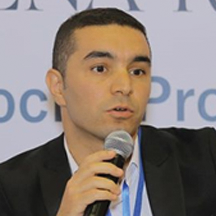Multidimensional poverty in Algeria
Measures of multidimensional poverty reflect a number of different kinds of deprivation: education; health; living conditions; employment; and financial inclusion. This column reports on recent data for Algeria.
The impact of mass media on voting: evidence from Algeria and Tunisia
What is the impact of mass media – TV, radio, newspapers, the internet and social media – on citizens’ intention to vote in elections? This column reports analysis of survey evidence from Algeria and Tunisia.
Social security for young workers in Arab countries
Social security coverage of young workers in Arab countries is low – in part because many are employed in informal jobs; and in part because they do not see the value of the system. This column reports survey evidence on young workers’ attitudes towards participation in both social security and politics. It also explores policy reforms that might make access to social security universal for young workers.


